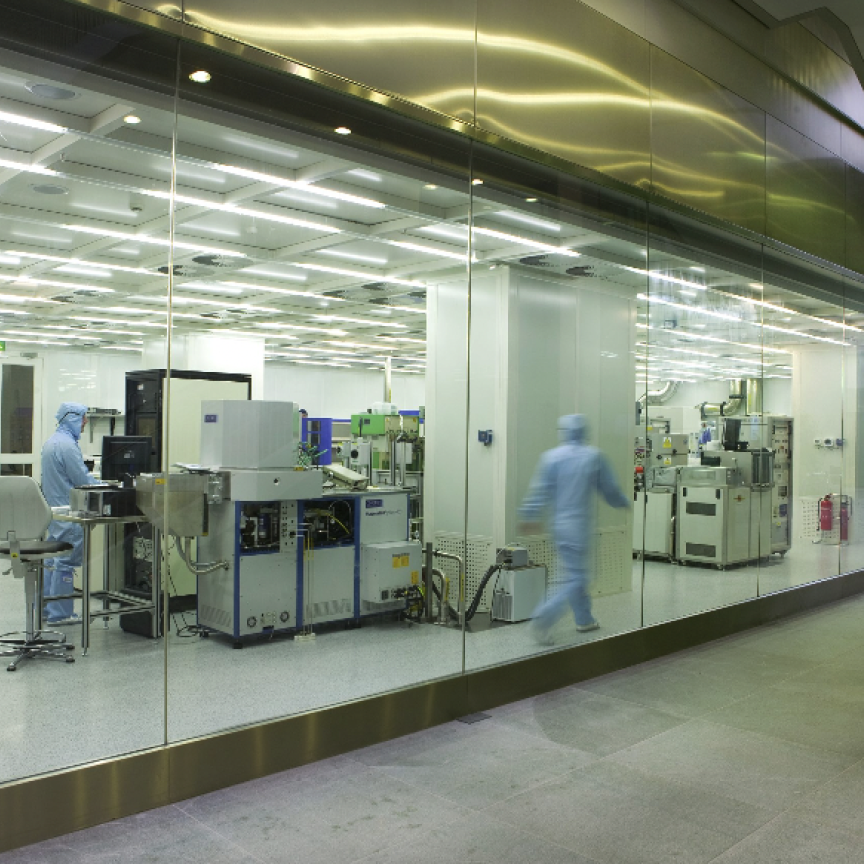A Cambridge University researcher has been awarded a grant from the Royal Academy of Engineering for work looking at using lasers to detect counterfeit bank notes.
The Academy has awarded five more of its prestigious enterprise fellowships to outstanding innovators at UK universities. These fellowships form part of the Academy’s Enterprise Hub, a resource for entrepreneurial businesses that will see fellows providing expertise and mentoring for engineering and technology start-ups and SMEs.
The projects chosen demonstrate the breadth of opportunities within engineering, from printable lasers designed to help stop the sale of counterfeit goods to new technology for food safety testing as well as healthcare solutions. Providing up to £85,000 of funding and support per awardee, the Fellowships allow researchers to spend 12 months totally and exclusively committed to developing a spin-out business around their technological idea.
The awardees will receive mentoring from fellows with a track record of entrepreneurial success. This is the second year of the scheme, with individuals from the first cohort already forming companies and attracting significant investment.
Damian Gardiner, a research associate in the Department of Engineering at the University of Cambridge, is developing innovative solutions to combat the problem of counterfeiting. The global cost of counterfeit products from fake banknotes to pharmaceuticals and consumer products is estimated at £500 billion.
Building on breakthroughs in printable laser technology, he will develop his work on unique optical signatures combined with scalable print processing to provide security and brand authentication features and devices, which could help prevent the sale of counterfeit goods. Gardiner aims to establish a spin-out company to bring this technology to market.


